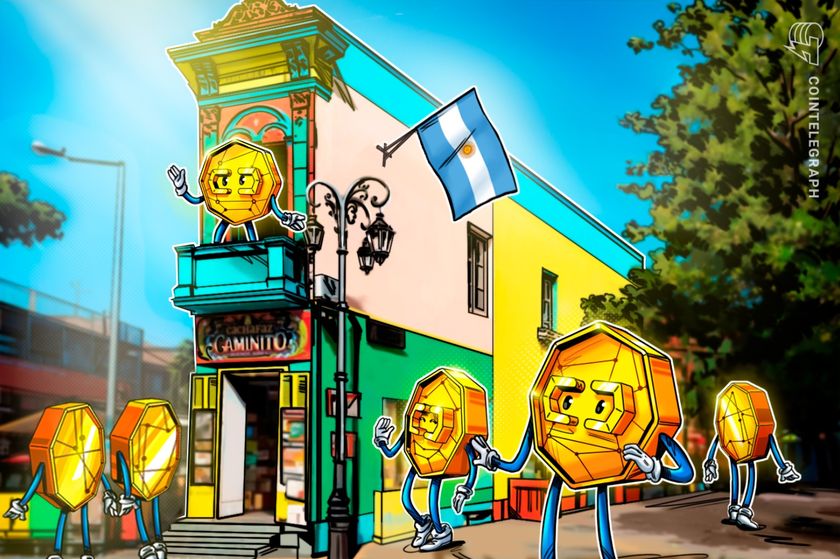

Argentina’s securities regulator has finalized rules for virtual asset service providers (VASPs), which cover general codes of conduct and custody requirements for cryptocurrency exchanges and other platforms facilitating digital asset transactions.
The regulations were published on March 13 by the National Securities Commission, also known as CNV, under General Resolution No. 1058.
According to a translated version of the announcement, the regulations impose “obligations regarding registration, cybersecurity, asset custody, money laundering prevention, and risk disclosure” on VASPs operating in the country.
The stated goal of the rules is to guarantee “transparency, stability, and user protection in the crypto ecosystem,” the announcement said.
Argentine tax lawyer Diego Fraga said the final guidelines include mandatory separation of company and client funds, annual audits and monthly reporting with the CNV.
Source: Diego Fraga
Since 2024, VASPs operating in Argentina have been required to register with the registry of virtual asset service providers, also known as PSAV. According to the new rules, registrations may be revoked for noncompliance, and any company operating without registration may be blocked by court order.
Individuals who are registered with the PSAV have until July 1 to conform to the new rules. Companies incorporated in Argentina have until Aug. 1, and those incorporated abroad have until Sept. 1.
“Those who do not comply with the established requirements and deadlines will not be able to operate in Argentina,” said Roberto E. Silva, the CNV’s president.
Related: Argentina’s crypto adoption hopes dim after Milei’s LIBRA memecoin scandal
Despite LIBRA scandal, crypto adoption rising in Argentina
As global law firm DLA Piper explained, Argentina’s push for clearer crypto regulations intensified one year ago after the CNV implemented registration requirements and said crypto issuers would be subject to securities laws.
The regulatory pivot came amid a growing wave of crypto adoption in the country, which was partly driven by the rapid depreciation of the Argentine peso.
By mid-2024, crypto adoption in Argentina had surged as locals flocked to stablecoins like Tether’s USDt (USDT).
An October Chainalysis report determined that Argentina had overtaken Brazil as the largest Latin American country for crypto inflows at roughly $91 billion between July 2023 and June 2024.
Argentina tops Latin America’s crypto adoption list in terms of value received between July 2023 and June 2024. Source: Chainalysis
Crypto adoption trends remain positive in the face of the LIBRA scandal involving President Javier Milei. As Cointelegraph reported, Milei publicly endorsed the memecoin before it suddenly plunged in value, fueling allegations of a rug pull.
Magazine: Caitlyn Jenner memecoin ‘mastermind’s’ celebrity price list leaked



